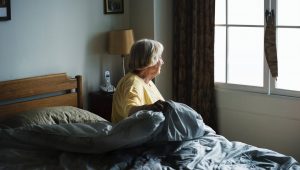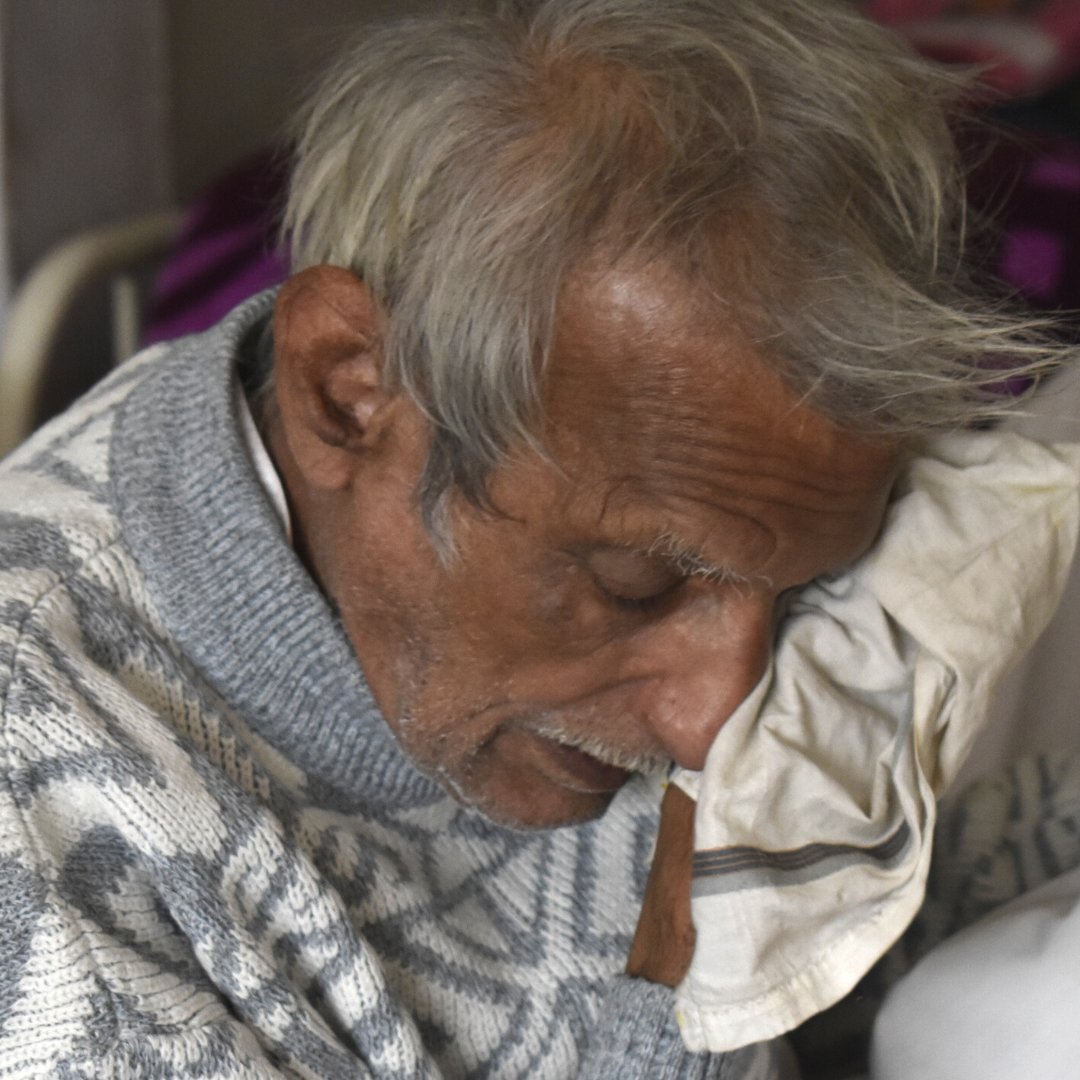Cancer is a disease of aging. Cancer in aged population is usually accompanied by numerous issues like co-existing diseases, dependency on care-givers, disabilities and psycho-social issues which prove a challenge for the doctor and the patient both. Thus, cancer in the older population needs special planning and care.
How does an older cancer patient differ from a younger counterpart?
Younger patients are physiologically stronger and may have better coping powers. Moreover, the younger patient diagnosed with cancer mostly will not have accompanying co-existing diseases usually found in older adults like high blood pressure, diabetes, arthritis, and conditions that affect the heart, lungs, or kidneys. They are also more likely to experience complications with memory and thinking, imbalance and falls, malnutrition, urinary incontinence and functional decline further complicating treatment of malignancy. Standard chemotherapy regimens are tolerated better in younger adults. Older patients are more prone to toxicities to chemotherapeutic agents. Interactions of anti-cancer medications and other medications being taken for already existing chronic diseases may pose a challenge for the treating physicians. The goals of treatment also differ in the young and the old. Many young adults with cancer maybe dealing with competing demands of work, family and other roles and responsibilities of life whereas the older patient may not have similar responsibilities and may have lived their life. Whereas cure from the disease and longevity might be the main goal in younger adults, enhanced quality of remaining life might be of utmost importance in older patients with cancer. This changes the goals of treatment tremendously.
The aged population is quite heterogeneous and a “one size fits all” standard care protocol may not be accurate for them. Every older adult has different coping power. They require more individualized care depending on their functional age rather than the chronological age.

Cancer in the older population needs special planning and care.
Signs and symptoms
Some of the general signs and symptoms that need to be investigated are:
General symptoms
- Continuous fever
- Fatigue
- Unexplained weight loss
- Loss of appetite
- Pain
- Skin changes
The general symptoms of unexplained weight loss, fatigue, weakness and loss of appetite in elderly should always be taken as warning signs and investigated thoroughly.
Changes specific to cancers of specific sites
- Changes in bladder and bowel habits
- Non healing sores
- White or red patches inside the mouth or white spots on tongue
- Unusual bleeding or discharge from private parts or natural orifices
- Lump in the breast or any other part of body.
- Indigestion or difficulty in swallowing
- Recent change in warts or moles or any new skin changes
- Nagging cough or hoarseness of voice
- Persistent headache and double vision / frequent giddiness
- Bony pain- low back ache
Common cancer in aging population
Some of the common cancers in the aging population are oral, lung, prostate, esophageal and larynx cancers in male whereas cervical, breast, ovary uterine, endometrial, esophageal and lung cancers are common in females.
Oral cancers: Rampant use of tobacco in different forms makes oral cancers predominant in India. It affects males twice as often as females Poor dental hygiene and sharp jagged tooth or ill-fitting dentures in elderly also predispose to oral cancers. Oral cancers can be easily detected at earlier stage if screened properly. There should be high degree of suspicion in people who have been consuming tobacco, betel nut, gutkha, khaini, smoking cigarettes and alcohol.
Any new development inside the mouth. tongue, cheek like white plaques or redness and sores, continuous sore throats, hoarseness of voice, difficulty in swallowing etc. should be taken seriously and a doctors consultation taken. Health care fraternity should also be on high alert to pick up early signs and symptoms of pre-malignant disease .A simple inspection of the mouth under a good light source may help pick up any new lesion.
Breast Cancer and other Gynecological cancers: One of the biggest risk factors for the development of breast cancer is age and obesity. Increased awareness among women about breast health and encouraging them to take breast self-examination monthly goes a long way to pick up suspicious nodes, lumps, discharge from nipple at earlier stage. Screening for breast cancer through mammography in patients aged 50-70 years is also advocated. Awareness about alarming signs and symptoms, like postmenopausal bleeding, foul discharge per vagina or lower abdomen pain with general debilitating signs and symptom scan help in early diagnosis of gynecological cancers of cervix, uterus and ovaries common in this age group.
Prostate and lung cancers are very common in the older adult males in India. Signs like frequent urge to urinate, increased night time urination, blood in urine or semen, pain or burning during urination, painful ejaculation, frequent pain or stiffness in lower back, hips, pelvic or rectal area or upper thighs and dribbling of urine should raise suspicion and calls for further attention. Similarly, development of a new, persistent cough, difficulty in breathing, coughing up blood or rust-coloured sputum, chest pain that worsens with deep breathing, coughing, or laughing; hoarseness, loss of appetite, unexplained weight loss, shortness of breath and feeling tired or weak should raise suspicion of a lung malignancy.
Gastric and colorectal cancers: Any abnormal change in bowel habit, difficulty in swallowing and digesting, blood-tinged stool etcetera should raise a doubt of upper or lower gastric cancers.
The way forward-planning and implementation of optimized care
It is imperative that we see older adults diagnosed with cancer in the future and should be well equipped to deal with this. Cancer treatments have seen tremendous progress in the last couple of decades and should be used for benefit of the older patient optimally. Increasing awareness about cancers through different media platforms, education of older adults and their caregivers about common signs and symptoms, knowledge regarding screening tests for common cancers in elderly is the need of the hour. Proper geriatric assessment of the older patients to tailor treatment protocols for optimum results is a pressing necessity. Financial constraints play a major role in the long drawn and expensive treatment of cancer in the Indian context because of minimum medical insurance coverage, more so in older adults who are mostly unemployed and dependent on caregivers. Providing an adequate support system to an older patient diagnosed with cancer including access to proper healthcare, financial, emotional and psychological aid, is important in management of disease and enhancing quality of life.
Dr (Major) Joyita Banerjee
MBBS, PG (Dip Geriatric Medicine), PhD
Department of Geriatric medicine, AIIMS, New Delhi
